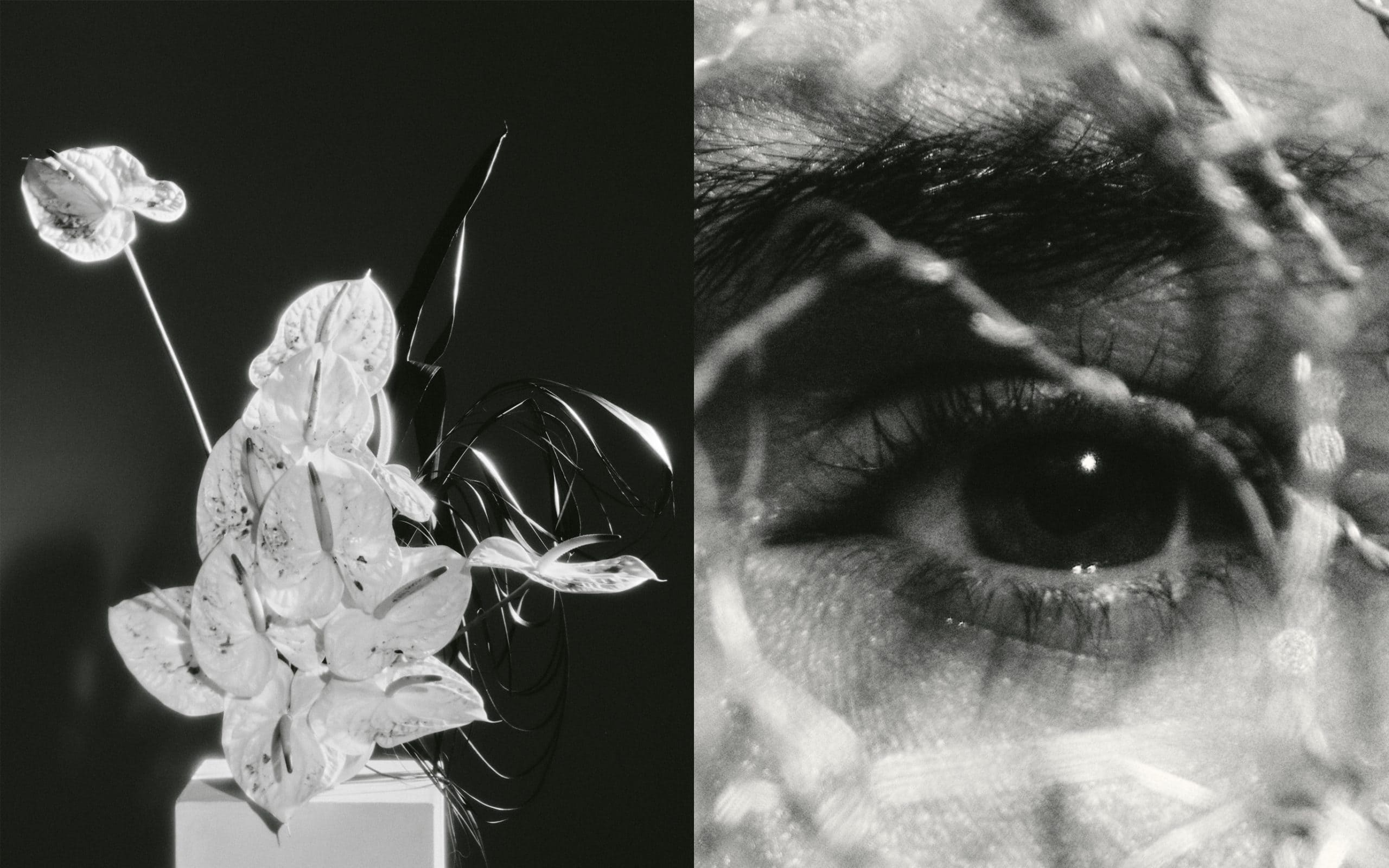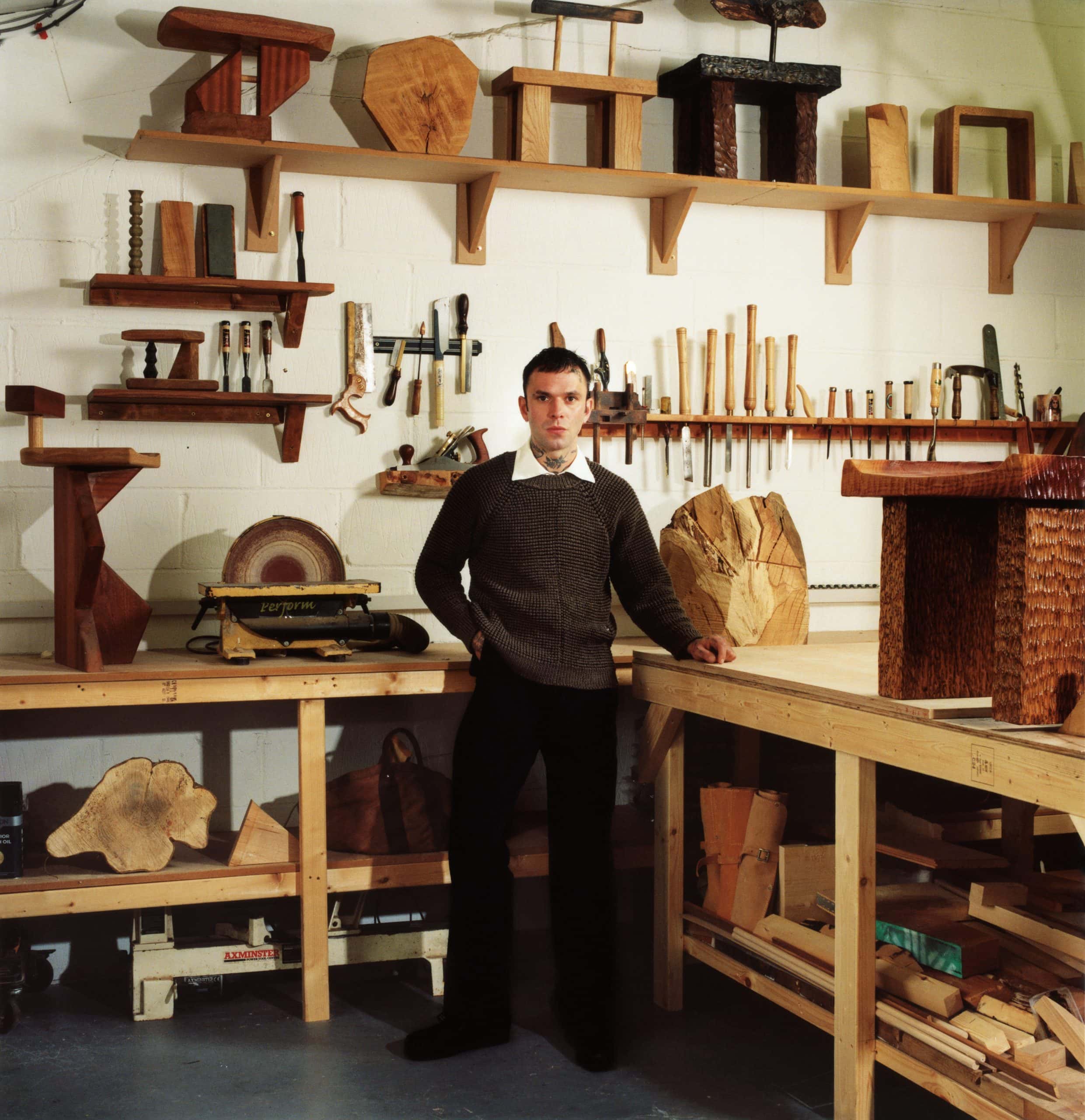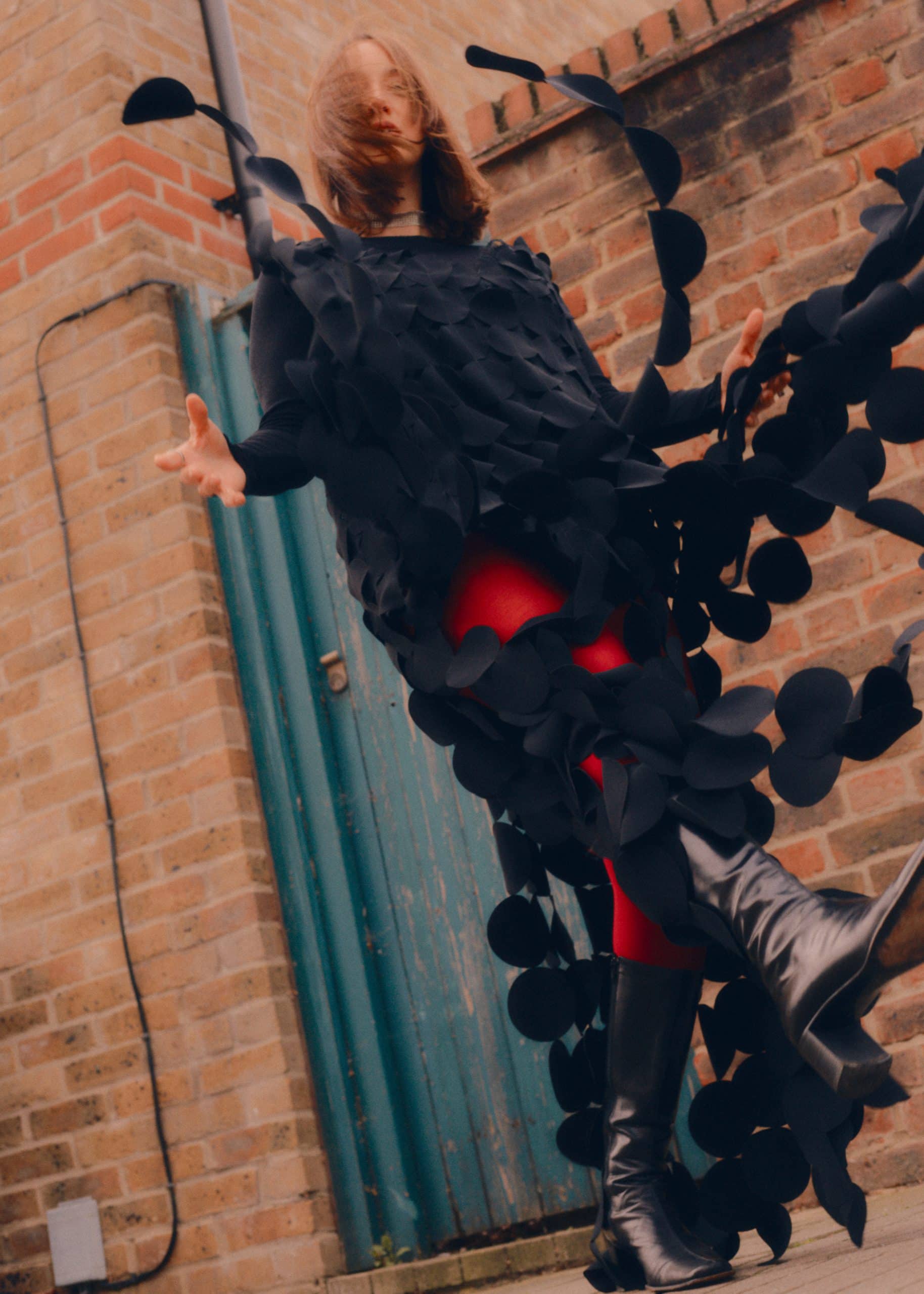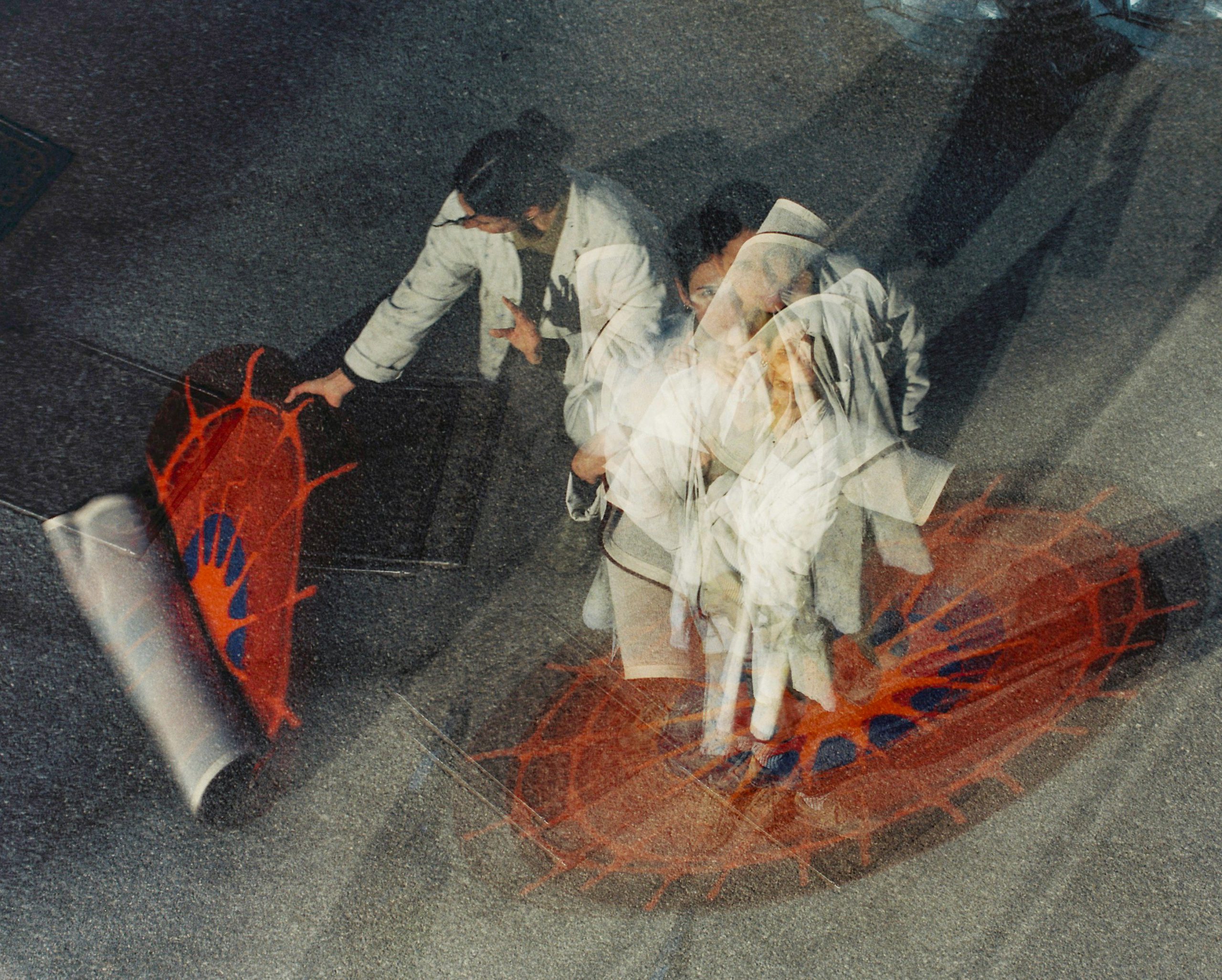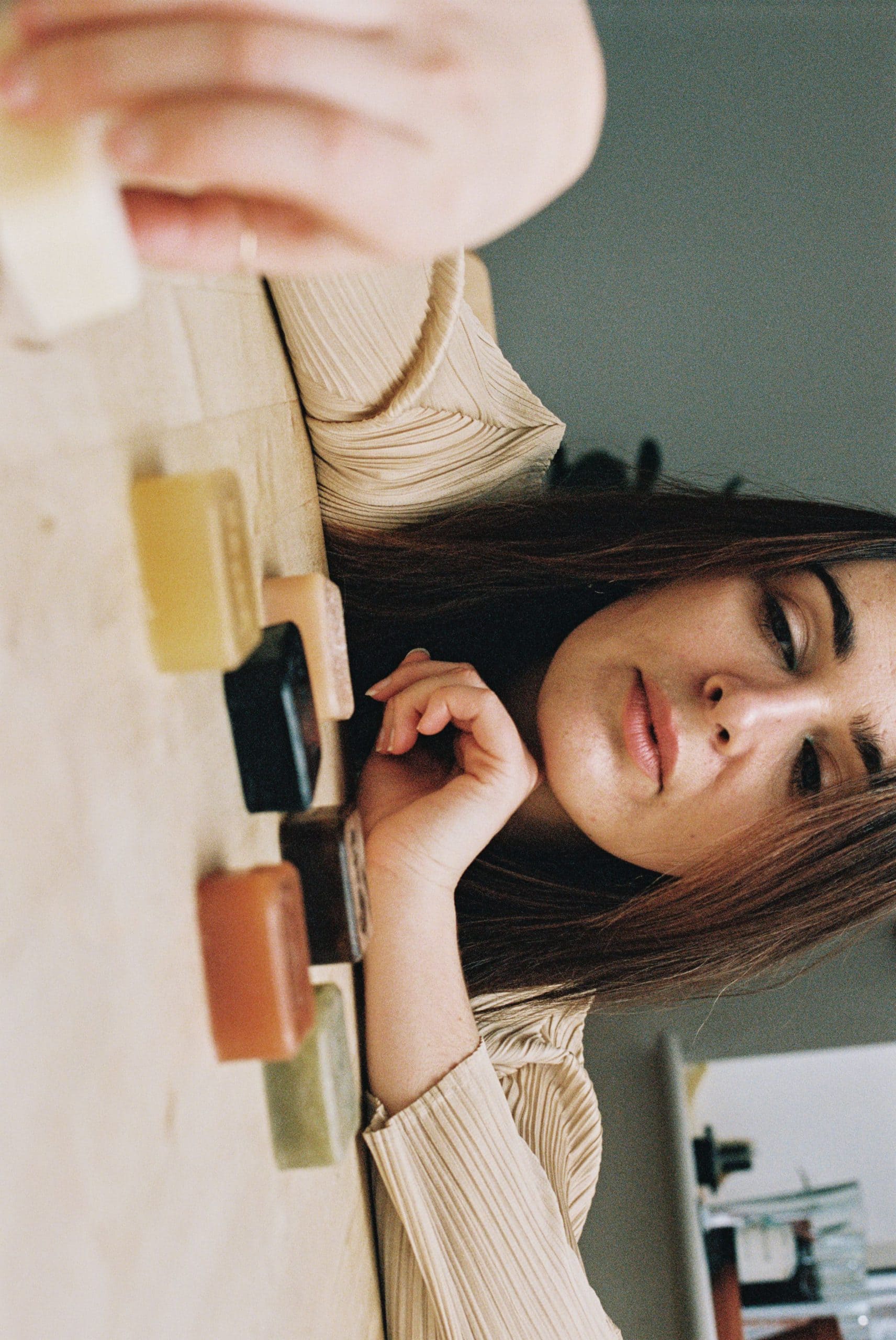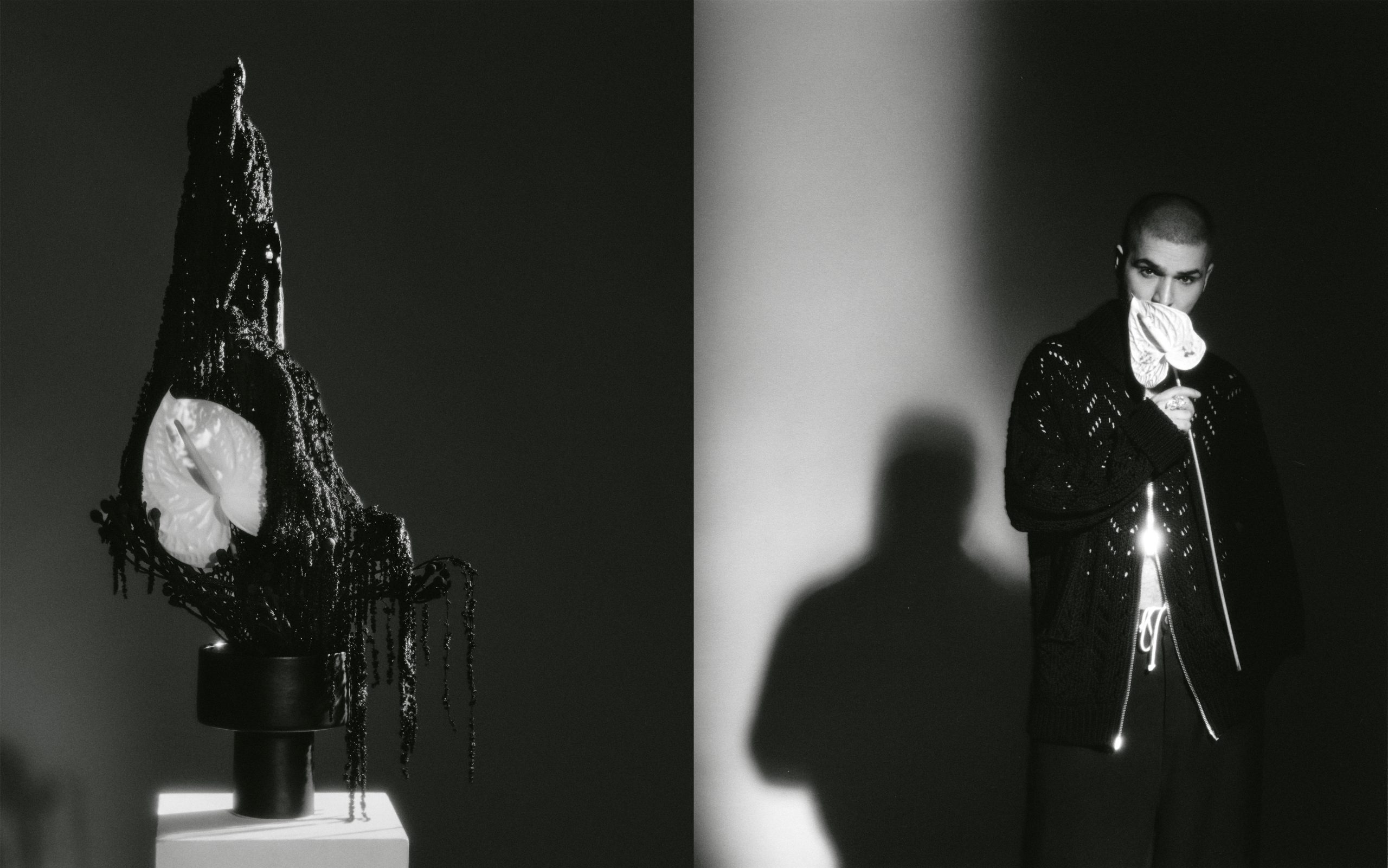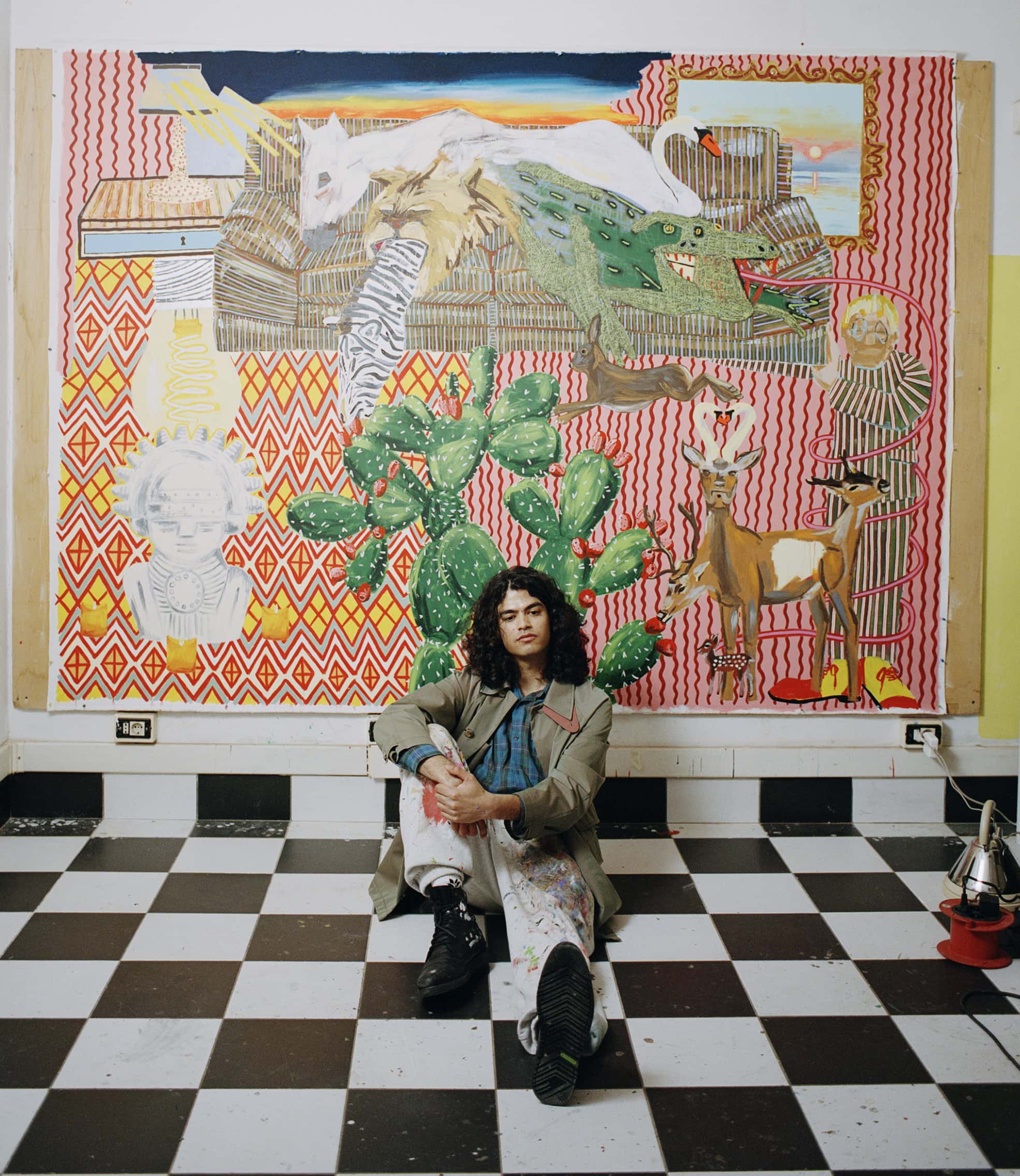When pondering the essence of what constitutes an object, one might question whether there truly exists a single category that encompasses every conceivable thing. Offering a definitive definition for such a broad concept proves to be a challenging task. In fact, it is plausible that there lacks a universal ontological category for “object,” considering that the term can encompass virtually anything that exists. Generic definitions of “object,” which range from referring to objects as things observed or experienced, to viewing them as visible entities—i.e., something that can be perceived by the senses—appear to imply the existence of a subject.
Those who have experienced the guided meditations led by Sam Harris, the founder of the New Atheist movement and creator of the Waking Up app, have likely been prompted to perform the following task: Put your attention on an object in front of you. Now put your attention on where you feel the attention is coming from. Try to find the source of attention. What do you find?
Whether this source resides behind our eyes, behind our face, or within our brain, its specific location is of little consequence. Without delving into philosophical or scientific debates about consciousness, what remains is the presence of a “self”—a subject actively engaged in defining the objects it encounters. As Henry E. Bliss articulated in ‘The Subject-Object Relation,’ “The subject is that to which objects appear, have appeared, or may appear… The object, existing external to and independent of subjects, may appear to any subject that is so qualified and so related as to apprehend it.”
As individuals, we shape the meaning of objects by experiencing them, and imbuing them with uses, beliefs, and values that evolve across time and space. These meanings, in turn, are of vital importance for defining the self. It’s worth noting that, even ourselves, we can become the object of experience—whether it’s our own experience or that of someone else.
In our perpetual quest for self-definition, we surround ourselves with objects, engaging in a pervasive consumption like a diffuse bulimia, from which we seem unable to escape. Objects inundate our homes, offices, cities, and public spaces. We acquire, share, and bestow objects, using them to define the status of our relationships—with both other individuals and the world at large. These objects serve as markers of our professional and social identities, symbolising significant moments and milestones in our lives. Seduced by their allure, we yearn for and covet them, convinced that they will grant us satisfaction, solace, self-assurance, and more.
Once objects become ours, we can either use them for their intended purposes, or we can imbue them with the narratives of our own lives, infusing them with memories and meanings that animate them, and transform them into something that overcomes their materiality. The fascination with objects as bearers of identity is exemplified by the desire for, and acquisition of, items that once belonged to important or famous individuals. Alongside the object comes a part of the life—or, for believers, the “soul”—of the previous owner, prompting some to pay disproportionate sums for such possessions. With each subsequent owner, the object accrues layers of intangible meaning, becoming imbued with significance beyond its material worth.
Objects serve as powerful vessels for memories. This is why we attach such importance to certain items left behind by loved ones who have passed away: by holding onto these objects, we retain a connection to the person whose life they once enriched. Clothes, books, jewels, pieces of furniture, letters, they all have the capacity to re-enact something that is otherwise lost to time, allowing it to come alive once more in the present moment. Through their tangible presence, these objects preserve memories and emotions, almost as if by magic. In the creative process, layers of identity, meaning, and memory become almost infinite. Artworks, which are, par excellence, man-made objects, are a complex reality that most of the time outlives its creator. They reflect the choices and personal histories, desires, and aspirations of their makers, while also being shaped by the societies that produced them. As societies evolve and values shift, interpretations of the artwork may vary, with old meanings fading and new significances emerging. Yet artworks persist in resonating with viewers, continually offering fresh perspectives on the human experience, each layer stacked upon or interwoven with another. Our appropriation, reappropriation and reinterpretation of such objects serve as testament to their enduring relevance and their absolute necessity to define ourselves as humans.
So, what do objects mean to you? What does it mean to possess an object?
Who: Asher Preston (CC Honeymoon)
What: Sculptor / Woodworker
Where: London, United Kingdom
When: 05/11/1990 (32)
Why: What do objects mean to you? What does it mean to possess an object?
Objects, to me, serve as an outward expression of my personality, embodying stories of their origins and the functions they fulfill. For example one of my favourite objects I posses are my tools, which not only facilitate creation but also exude a unique beauty of their own. In my workshop, I treasure a collection of vintage Japanese chisels. While they are indispensable in my craft, their significance transcends mere utility. Even if I never used them, their exquisite craftsmanship and rich history would still captivate me, serving as cherished pieces of art in their own right.
I don’t consider myself deeply possessive about objects. Instead of viewing myself as the owner, I see myself more as a temporary guardian. Objects that have passed through numerous hands and served multiple users hold more value for me. Their journey through different lives underscores their impact and the diverse experiences they’ve been part of, resonating with a deeper sense of significance. I hope that the pieces I create will be cherished but also passed on to be a part of multiple lives.
When crafting a piece, I prioritise not just its functionality, but also its ability to resonate with its future “owner”. Beyond serving a purpose, I aim for each object I create to narrate a story and exude its own unique personality. I am drawn to the inherent character of wood—the diverse hues, intricate grain patterns, and lively knots. My role as an artist is to uncover and accentuate these distinctive traits in every timber I work with. Wood, with its living essence, possesses a natural beauty waiting to be revealed, and I see it as my mission to showcase and enhance its innate charm so it can be a cherished object for others.
Who: Nathalie Bruno
What: Producer / musician
Where: London UK
When: 34
Why: What do objects mean to you? What does it mean to possess an object?
There are certain things some will never part with these ‘things’ fulfill an instrumental and symbolic function Some come to you by chance to tell a story and become part of you. Some are buried with their owner And some things are left behind waiting to be discovered and take on a new form of life years sometimes centuries later My latest record ’11 Points in time’ was inspired by objects discovered in the attic of a house where disappeared artist Rosi Crucci once lived. Using her tapes of field recordings and imersing myself in her possessions left behind, I attempted to create a world where the listener becomes an explorer, venturing into the captivating realms of her life intertwining with it’s new form, exploring the depths of human experience and the resilience of art in preserving memories and emotions across time.
Who: Eva Failla – Converter
What: Crafter
Where: Milan, Italy
When: 07/11/2019, 5 years old
Why: What do objects mean to you? What does it mean to possess an object?
Once, while looking for a toothbrush, I entered a supermarket; stepping through the front door, I noticed that the lights were off and the shelves empty.
A man came to me, as we were trying to communicate through expressions and gestures, I began to notice that the shelves were not entirely bare, and the environment was not as desolate as I initially perceived. So I didn’t give up on finding that toothbrush I was looking for, “Can I see?” I asked, pointing to the first lane in front of me, he led the way. Walking, every now and then I found products on display and grouped by category, some on a high shelf and others on a low one. They were products, some even in disuse, and yet I observed them as objects. It’s a continuous discovery; as I approached a new group, I felt the curiosity rising. I observed them, sometimes asking if I could look better by turning them over; I was allowed. I don’t remember if I could get any toothbrush from there, but I do know that the place, and the Super Market keeper, stuck with me as the most powerful exhibit I’ve ever been to.
Who: Léa Federmann Marsot – SEVEN London
What: Creative Director & Brand Founder of ‘SEVEN London’
Where: French-born, London-Based
When: 27.07.1990 (33 yo)
Why: What do objects mean to you? What does it mean to possess an object?
Objects hold diverse meanings for me – they serve as an extension of my self and my identity. Behind certain of my object lies a story, a sentiment or a narrative linked to both myself and the people I deeply cherish. The objects I own acquire significance based on the emotions or meanings I attributed to them. The are these intangible qualities that often determine their worth more than their monetary value. Conversely, I am aware that objects can also thrive to define me to others within a specific time and societal context, shaping external perceptions based on factors such as class, taste, and social norms. The concept of “possessing an object” carries profound emotional weight, akin to nurturing a passion for collecting and owning items. It’s about deriving personal beauty, signalling individuality and satisfaction from possessions, often without a desire to share them. Since we often perceive our belongings as prolongations of ourselves, possessing an object equates to possessing a part of ourselves, fostering a sense of control, enjoyment and sentiment of feeling whole – feeling one with it. This possession reflects an extension of our personalities, viewing objects as continuations of our narcissistic selves, thereby assigning intrinsic value beyond mere material worth.
Who: Maysam Ahangari – Haus Of Ninja
What: Floral Artist
Where: Milan, Italia
When: 26/08/1983, 40
Why: What do objects mean to you? What does it mean to possess an object?
Objects for me are memories, feelings. Through them I visualise a space, a time, a smell. Objects also tell me the stories of my life and the lives of others. I love owning objects, my story has left its mark on me, only through resilience and suffering I have managed to conquer the objects that I am now growing up learning to share.
Who: Ruben Spelta
What: Artist and Skateboarder
Where: Milan, Italy
When: 26-04-1995, 28 years old (if I’m correct)
Why: “What do objects mean to you? What does it mean to possess an object?”
The object that interests or attracts me is the object I find on the street. Often it is the object that finds me and I am then the one who makes sense of it or is inspired by it in creating a composition. Every object I find has or will have its own place in the works I create. From my point of view, an object can become a subject, the important thing for me is to create it more than to own it.
